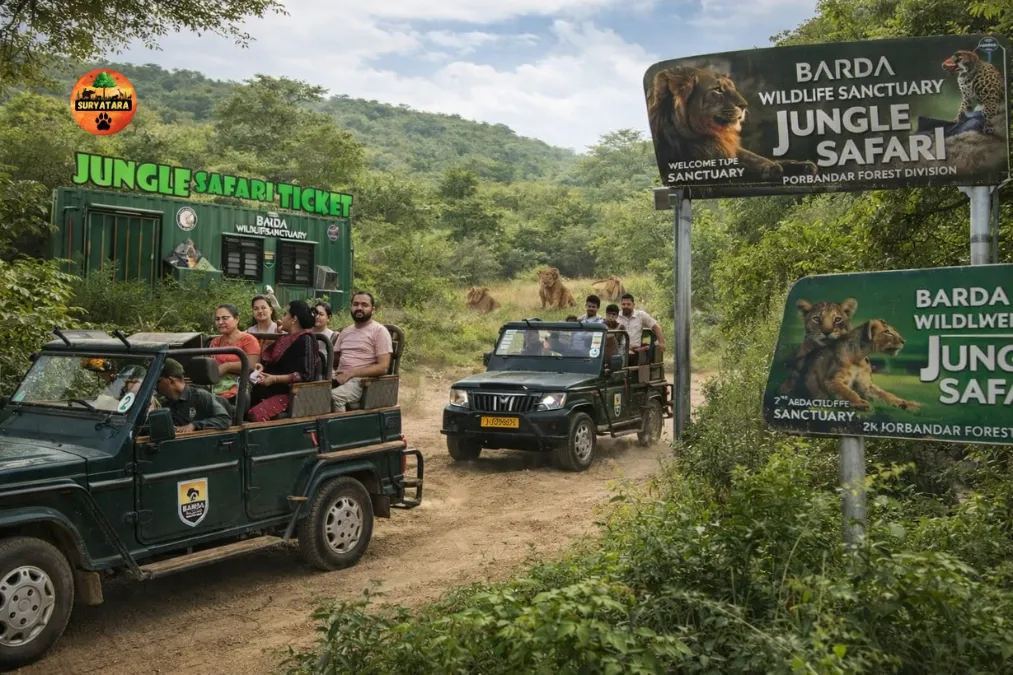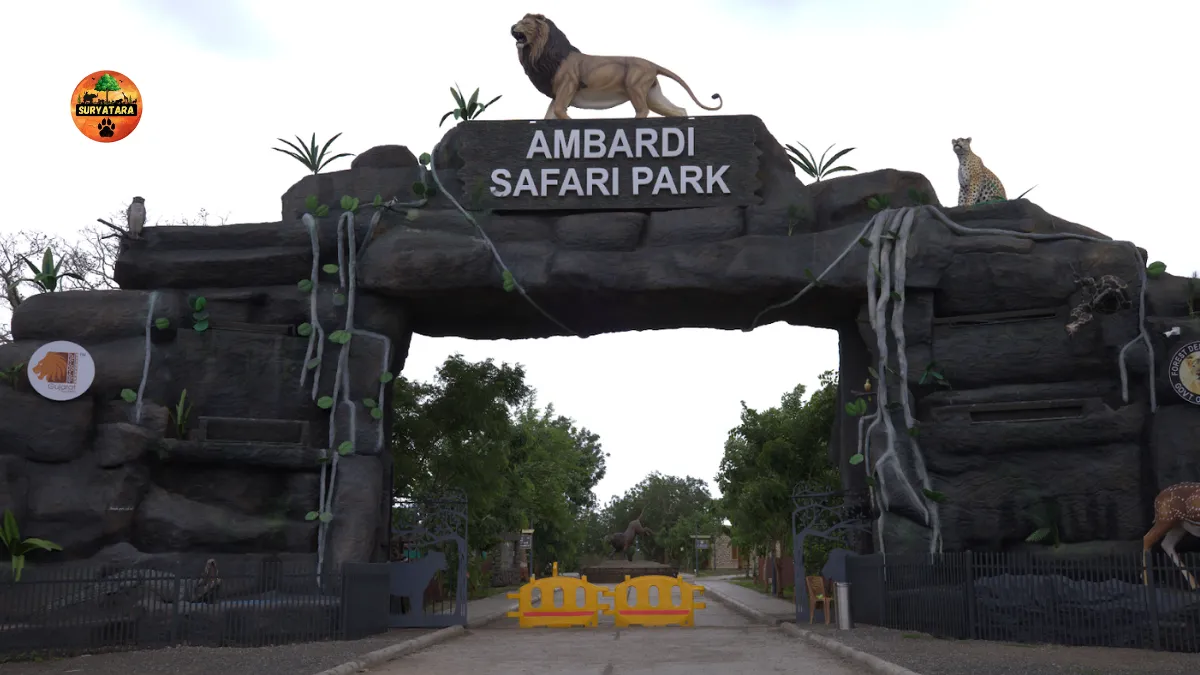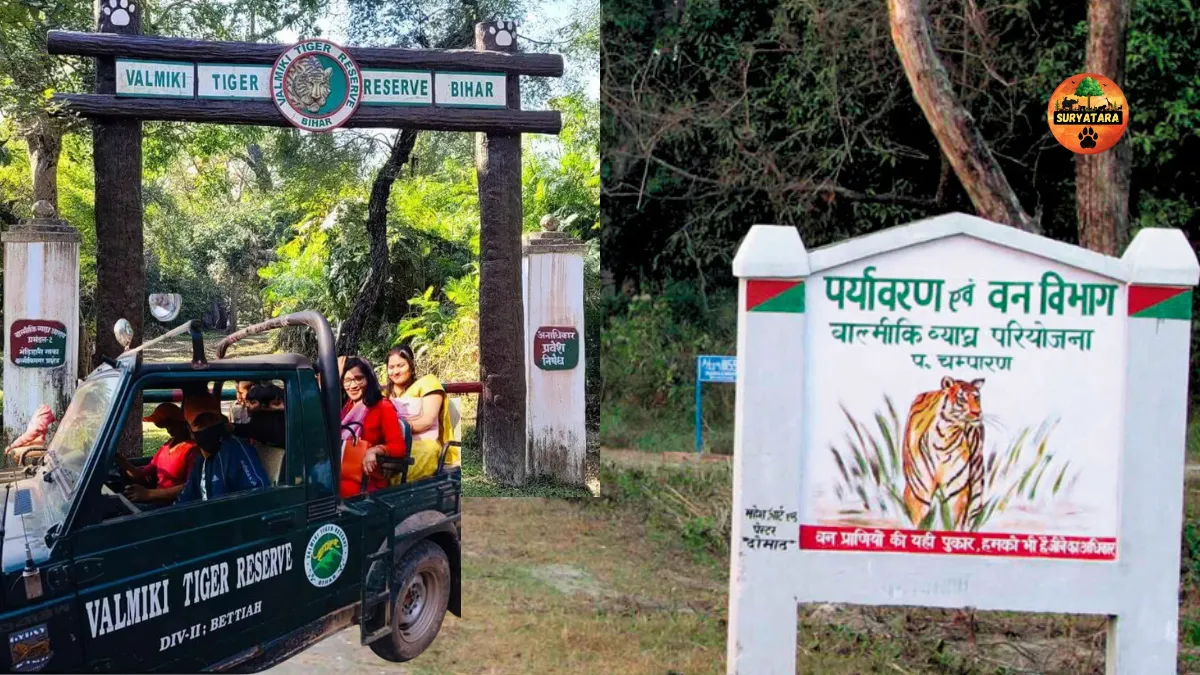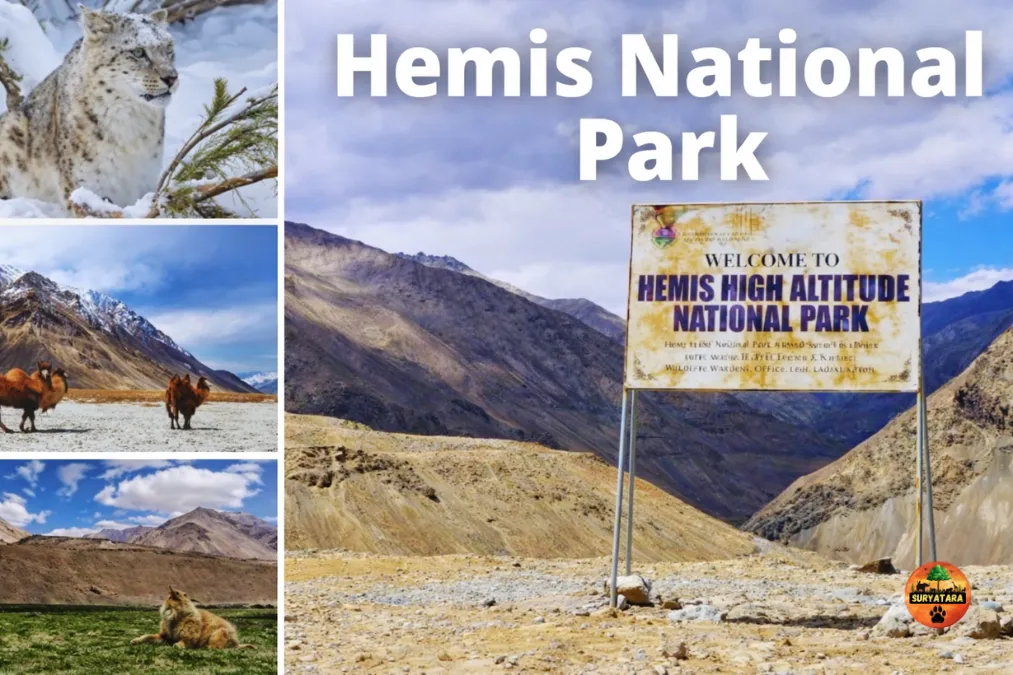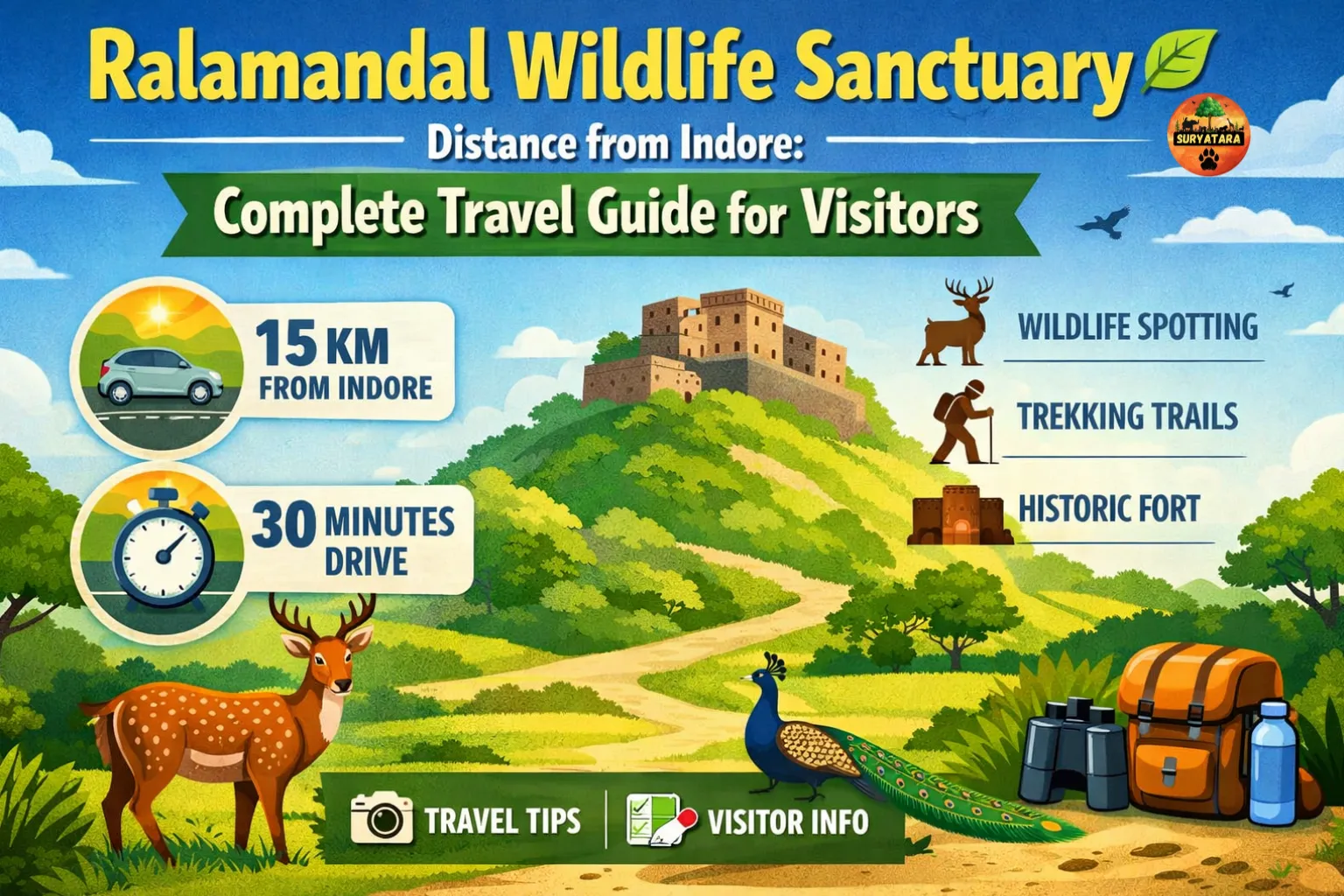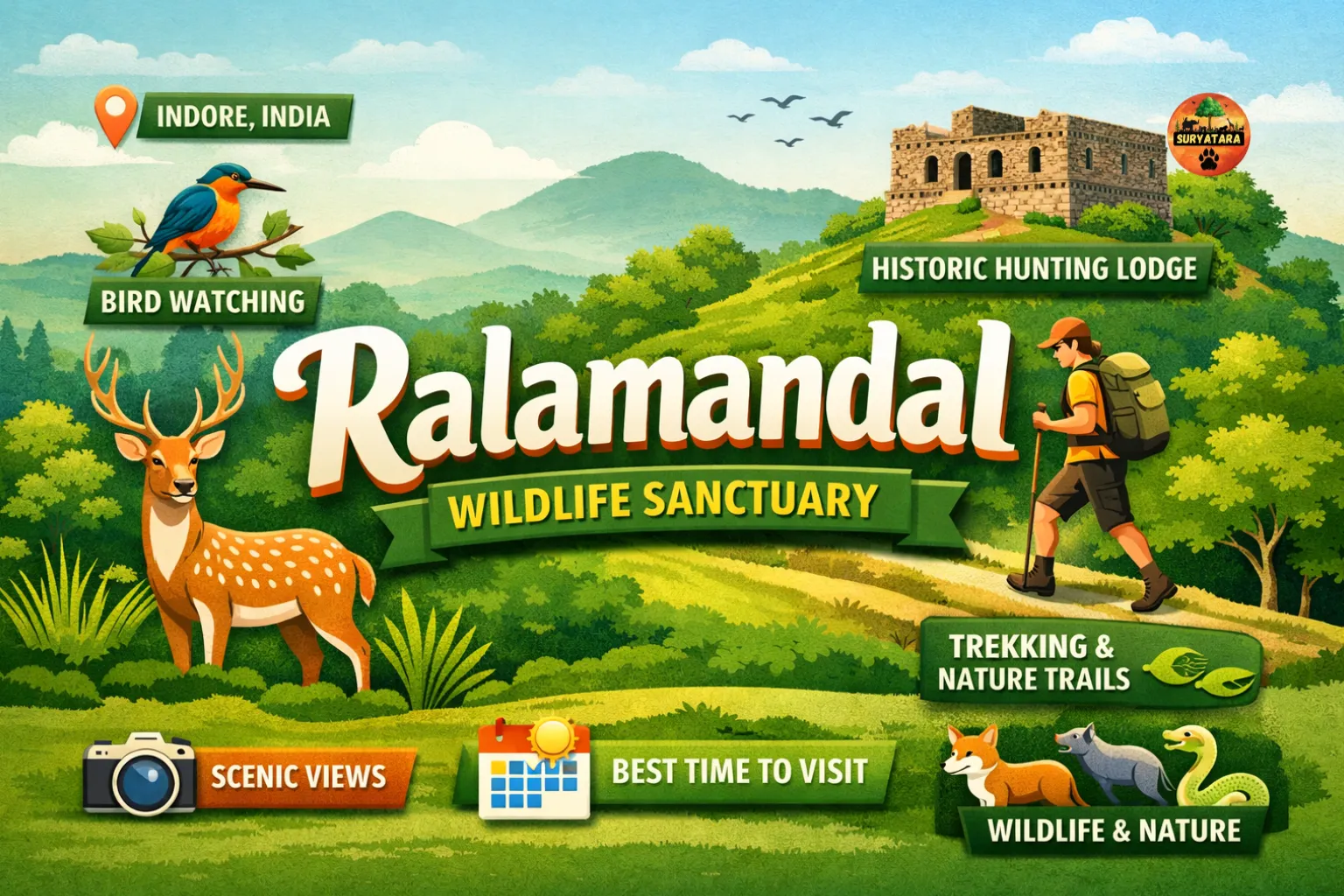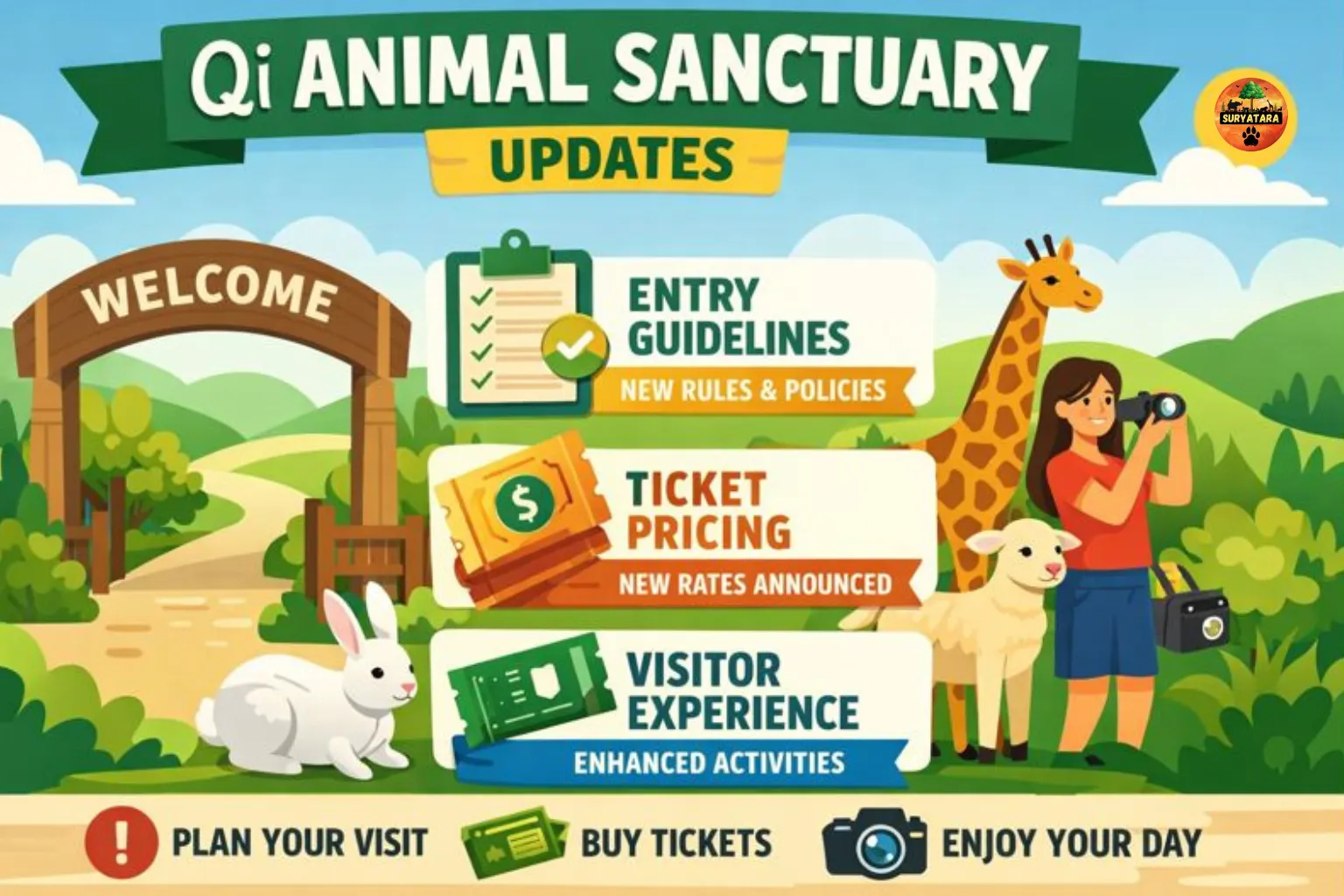Chandrapur, Maharashtra – Residents of Chandrapur district have raised strong objections over the high Tadoba safari fees at the Tadoba-Andhari Tiger Reserve, calling the charges unaffordable for ordinary families. The core zone safari, which costs up to ₹12,600 per gypsy on weekends, has become a major concern for local communities who live in close proximity to the tiger reserve.
The controversy has prompted Chandrapur Member of Parliament, Pratibha Dhanorkar, to take a firm stance and demand immediate action from the state government. In a letter to Maharashtra’s Forest Minister Ganesh Naik, MP Dhanorkar highlighted the hardships faced by locals who are compelled to pay steep fees just to experience their own heritage.
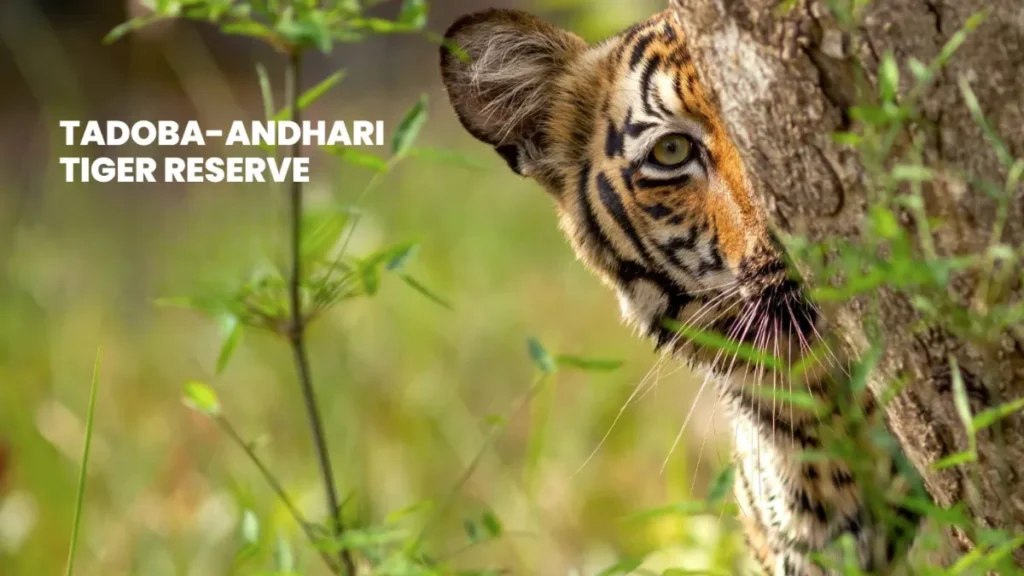
Local Families Struggle Amid Human–Wildlife Conflict
Chandrapur is notorious for frequent human–wildlife conflicts, with several villages around Tadoba-Andhari Tiger Reserve reporting tiger attacks in recent years. Many local families have suffered losses and trauma due to these incidents. Despite being the frontline communities living alongside the tigers, locals are required to pay thousands of rupees to access the very park that directly impacts their lives.
Residents argue that this fee structure is discriminatory, as it favors tourists from outside the district while making it financially difficult for local families to enter the reserve. “It feels unfair that the very people who coexist with wildlife and bear the risks of tiger encounters must pay exorbitant charges for a safari,” said one local villager.
Current Tadoba Safari Booking Price Structure
The present fee structure for Tadoba-Andhari Tiger Reserve safari rides is as follows (per gypsy, per round):
- Core Zone (Monday–Friday): ₹8,600
- Core Zone (Saturday–Sunday): ₹12,600
- Buffer Zone (Monday–Friday): ₹7,300
- Buffer Zone (Saturday–Sunday): ₹10,300
These rates have drawn sharp criticism, with residents saying that a single family outing could cost more than a month’s basic expenses for many households in Chandrapur.
MP Dhanorkar Demands Fair Pricing
MP Pratibha Dhanorkar has proposed a much lower fee for locals to ensure that Tadoba-Andhari Tiger Reserve remains accessible to its own people. She has demanded that local residents pay only ₹2,700 as a vehicle fee and ₹600 per person as an entry fee.
“Tadoba is not just a tourist destination; it is the pride of Chandrapur,” MP Dhanorkar stated. “Yet, our own people are being treated like outsiders. This is an injustice that we will not tolerate. The government must act now and provide fair pricing for local communities.”
The MP emphasized that the move is essential not only to promote tourism but also to respect the rights of the local population who live in the shadow of the tiger reserve and face risks that most visitors never experience.
Warning of Public Protest
With the new tourism season set to begin on October 1, MP Dhanorkar has warned that unless the fees are reduced, residents may block all gypsy entries into the park. She indicated that a major public movement could be organized to protect the interests of Chandrapur locals and ensure that the reserve’s pricing policy is equitable.
“The government has a responsibility to balance tourism with local welfare,” the MP said. “If they fail to address this issue before the season starts, there will be no option but to escalate the matter. This will be a people’s movement for justice.”
Local Sentiments
Many villagers have expressed frustration over the current fee structure. While tourists from other states or countries can easily afford the Tadoba safari booking price, locals who witness the challenges of living near wild tigers daily feel neglected and overlooked.
“This is our home, yet we are priced out of experiencing it,” said another Chandrapur resident. “We live with the dangers and responsibilities of the tiger reserve, but we cannot afford to go inside even once in a while. The government needs to understand our struggles.”
Also read: What Camera Lens is Best for Wildlife? Best Options for Stunning Shots
Importance of Tadoba-Andhari Tiger Reserve
Tadoba-Andhari Tiger Reserve is one of Maharashtra’s premier wildlife destinations, attracting thousands of visitors annually. Known for its rich biodiversity, the reserve is home to Bengal tigers, leopards, sloth bears, and a variety of other wildlife species. Safari tourism contributes significantly to the state’s revenue, but balancing commercial interests with the rights of local residents remains a pressing challenge.
Tourists can experience thrilling safaris in the core and buffer zones of Tadoba, but high Tadoba safari booking prices for locals have raised ethical and social concerns. Conservationists also point out that encouraging local participation in wildlife tourism helps build community support for conservation efforts and reduces conflicts between humans and animals.
Also read: Wildlife Photography Camera Price in 2025: Best Options for Every Budget
Government Response Awaited
As of now, the state forest department has not officially responded to MP Dhanorkar’s letter. However, the growing public attention and media coverage suggest that authorities may have to reconsider the current pricing model before the tourism season officially begins.
Observers believe that reducing Tadoba safari fees for locals could serve multiple purposes: making wildlife experiences accessible to residents, promoting responsible tourism, and preventing protests or unrest that could affect the park’s operations.
Also read: Bagwan-A Taj Safari-Pench National Park: A Luxurious Wilderness Experience
Conclusion
The high Tadoba safari booking price for local residents has sparked a significant debate over fairness, accessibility, and the rights of communities living near wildlife reserves. With MP Pratibha Dhanorkar leading the charge and threatening a public movement if fees are not revised, the Maharashtra government faces growing pressure to take immediate action.
As the October tourism season approaches, all eyes are on Tadoba-Andhari Tiger Reserve and the state forest authorities to ensure that local families can enjoy their heritage without financial strain. Resolving this issue could set a precedent for equitable wildlife tourism pricing across India, balancing the interests of tourists, locals, and conservation priorities.

